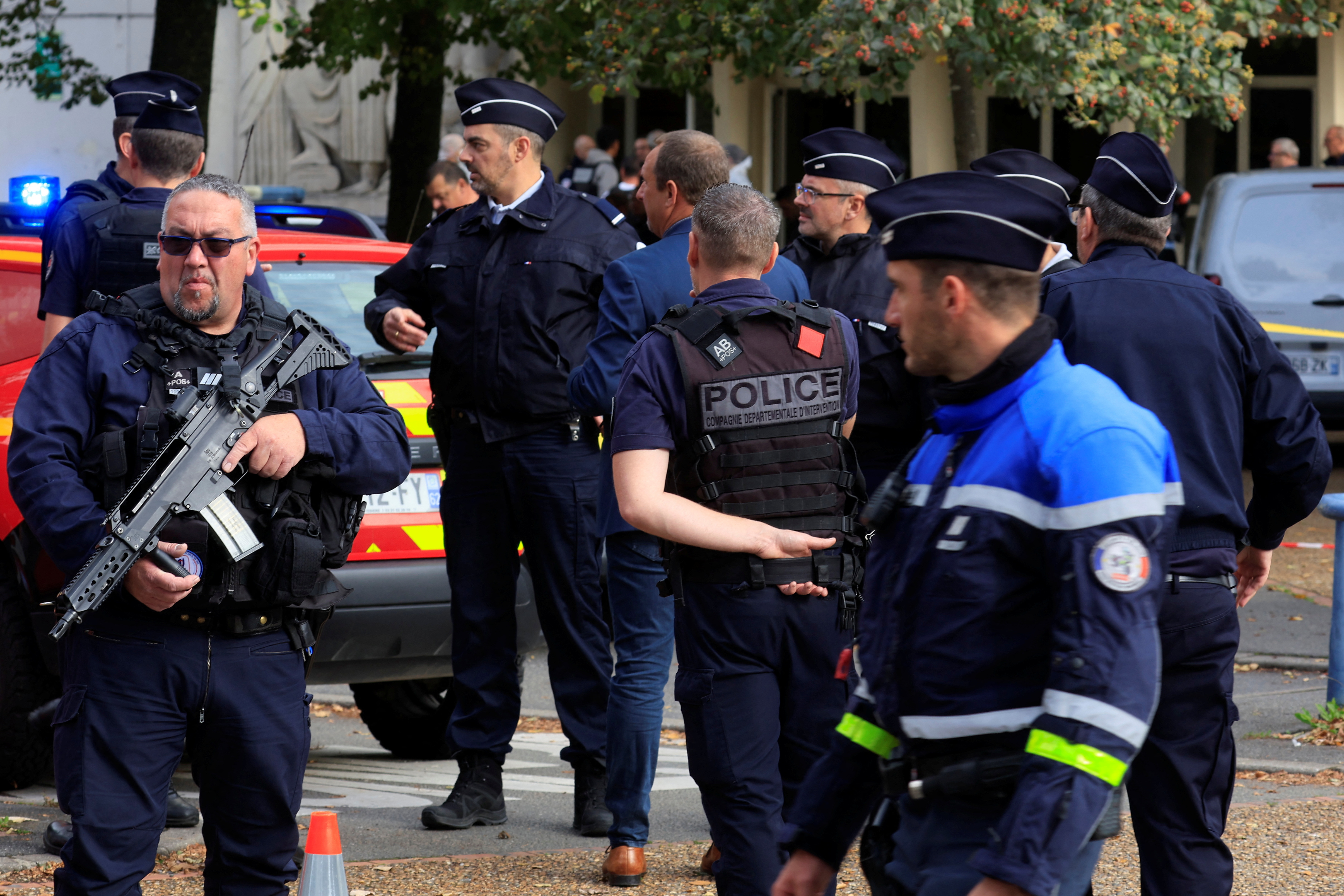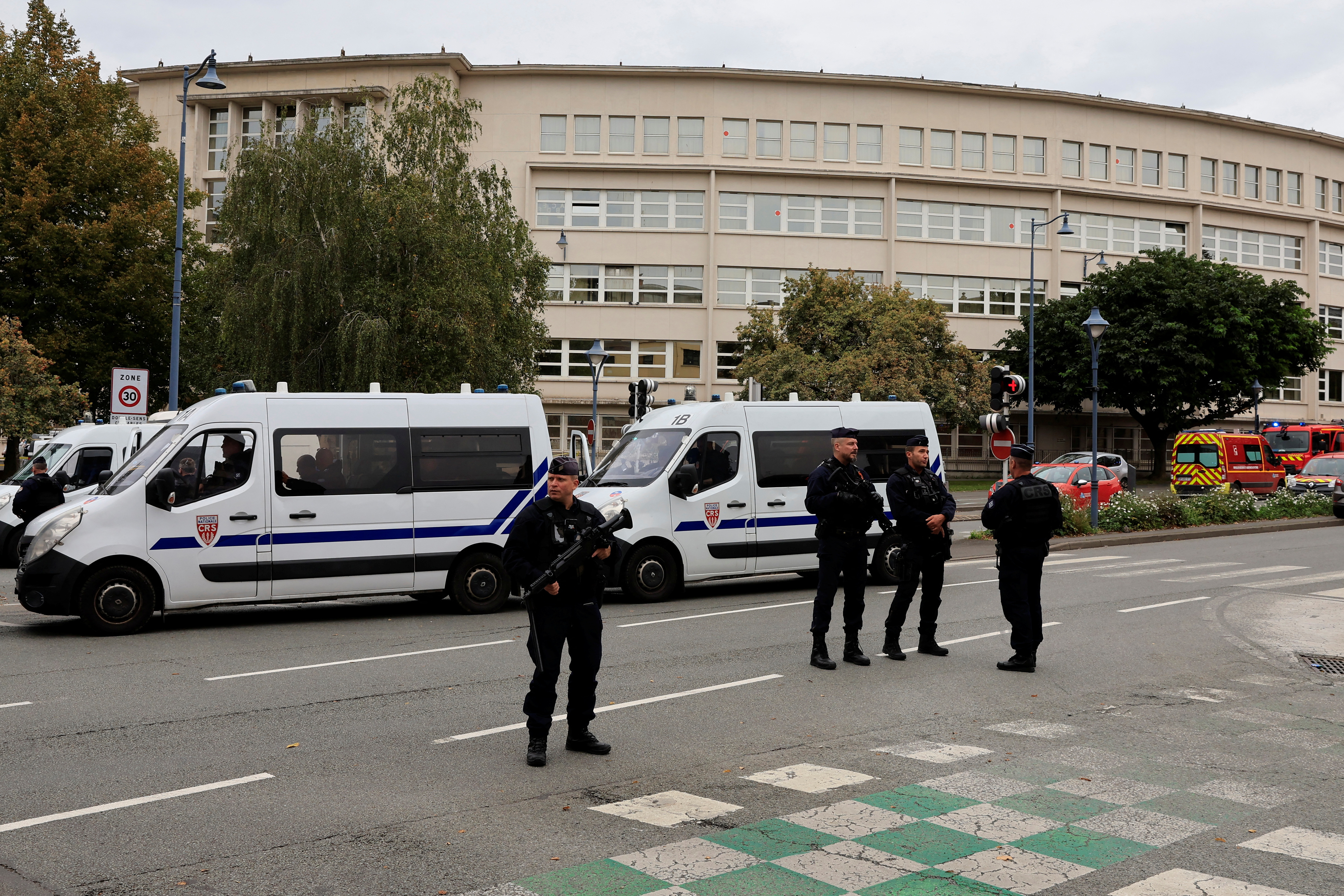“I just felt really left out,” the Dutch national told VOA, adding that she was missing a key way to relate to her friends and understand China more broadly.
That isolated feeling led Koetse in 2013 to start a news site, What’s on Weibo, named after one of China’s largest social media platforms.
Through it, she could track what was trending on Chinese social media and, more importantly, why items went viral. It all started purely out of curiosity, she said.
One decade later, her site has contended with Chinese censorship and harassment. But What’s on Weibo has continued to provide a rare window into Chinese social media — and relatively unfiltered insights into Chinese society.
The site’s coverage is wide ranging. Recent articles looked at everything from the Chinese female bodyguard assigned to the Syrian first lady on her trip to China, sand dune tourism, eco-anxiety and women’s rights, to online frustrations about youth unemployment and protests.
“What are people concerned about? What are people getting really angry about? What are people really rolling on the floor laughing about? That’s the kind of story that you want to convey to a non-Chinese audience to create this kind of bridge,” Koetse told VOA.
Koetse, who grew up in the Netherlands and spent some of her high school studies in Japan, moved to Beijing in 2008 — “the golden year,” she said.
She briefly worked at the beer company Heineken during the Summer Olympics and studied at Peking University.
She soon realized that the conversations and trends on platforms like Weibo were key to understanding China and its people.
Koetse, who is now in Amsterdam, says that for several years, she never prioritized making money from her media site. But, now that the site has become so big, she introduced its first premium subscription option in the hopes of making a full-time income from her work.
But the job comes with its challenges, including online harassment over what she publishes and censorship. “I’m still, even to this day, being accused of being both pro-China and being anti-China,” she said.
One of the biggest changes Koetse has documented at What’s on Weibo over the past 10 years has been the rise of censorship in China. “There’s more control on Chinese social media,” she said. “Censorship has professionalized.”
One example is trending lists. Years ago, trending lists on Weibo regularly included sensitive issues, Koetse said. “They would only be censored later down the road. You had a lot of time to take screenshots or to get everyone’s opinion before it finally vanished from the internet.”
But as censorship became more widespread, the trending lists became a less accurate marker, Koetse said.
Her reflections are backed by data. For nine consecutive years, Freedom House has ranked China the worst in the world in terms of internet freedom.
The rise of censorship in China has left its mark on What’s on Weibo, which has been blocked in China since 2018. Still, What’s on Weibo averages around 250,000 visitors per month — many of whom are viewers in China who use VPNs to access the site, according to Koetse.
Being blocked has given Koetse a sense of freedom. “I do feel more free in continuing just reporting whatever I feel is right to report,” she said, since she no longer has to worry about authorities blocking the site.
In a statement to VOA, Liu Pengyu, the spokesperson of China’s Washington embassy, said, “The Chinese government protects press freedom in accordance with law and gives full play to the role of media and citizens in supervising public opinion.”
Nearly 1.1 billion people — or about 76% of the population — use the internet in China, the government agency China Internet Network Information Center reported in August.
Most of their discourse doesn’t cross any red lines, What’s on Weibo’s assignment editor Miranda Barnes told VOA. “We can get a pretty good idea of what’s going on in the society,” said Barnes, who was born in China and now lives in London.
The site also provides a different perspective from other media coverage.
“We present what the ordinary people think, from the bottom. It is very easy to fall into the ideological narrative, just to bash China. And I find that helps nobody,” Barnes said.
Western media mainly focuses on political, economic and security issues, according to Yaqiu Wang, Freedom House’s China research director. While those are important, she said, “they are not all of China.”
“What’s On Weibo brings to the international audience another important aspect of China,” Wang said. “The China [that most] people are living and experiencing. It’s important for the international audience to see this aspect of China, so to understand the country in a holistic way, not just through the lens of geopolitics and human rights.”
In recent years, particularly during the COVID-19 pandemic, covering China has become an increasingly difficult story for foreign media to cover with fewer overseas reporters able to be based inside China.
The combination of fewer correspondents in the country and more people who are scared to talk to foreign media ultimately risks dehumanizing the country and its people, reporters have said.
Koetse, however, eschews the “journalist” label. “I see myself as a Sinologist who’s writing about China,” she said.
In a country whose population is increasingly afraid to talk to foreign news outlets, social media is one of the last remaining barometers to move past state propaganda and figure out what ordinary Chinese people are thinking, Koetse said.
“Foreign policy is one part of China. China can be very dangerous, and China can be powerful,” Koetse said. “But China can also be friendly, and China can also be fragile.”
The post News Site Helps Decode China Through Memes and Social Media Trends first appeared on The News And Times – thenewsandtimes.com.




